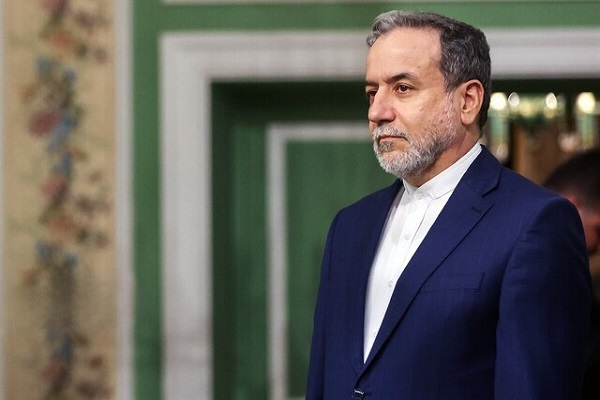
TABNAK, Oct, 05: “Our visit (to Syria) aims at continuing consultations on regional developments. We had good consultations with Lebanese officials in Beirut and the trip to Damascus came under the same guideline to keep the consultations,” he told reporters upon his arrival in Damascus.
Araqchi made an unannounced visit to Beirut on Friday prior to his trip to Syria), as Israel continues to escalate its military operations across Lebanon with intensified air strikes and a failed ground offensive.
This visit comes as part of Iran's broader efforts to strengthen ties with Lebanon and show solidarity with the Lebanese people, who are facing severe hardships due to the ongoing conflict with Israel.
Later in the day, Araqchi held talks with Lebanon’s caretaker Prime Minister Najib Mikati. During the meeting, Araqchi reiterated Iran's firm support for Lebanon, its government, and the resistance front against Israeli actions. He also extended condolences on behalf of Iran for the loss of Hezbollah Secretary-General Sayyed Hassan Nasrallah and other Lebanese citizens who were killed in recent Israeli airstrikes.
Araqchi condemned the Israeli attacks, labeling them as barbaric and highlighting their violation of international law. He called for greater unity among Muslim and Arab nations to expose Israel's illegal actions and urged international organizations to take collective action to stop the violence. Araqchi described Israel's actions as clear examples of international crimes that demand an urgent global response.
Lebanon’s Prime Minister Mikati, in turn, expressed his deep concerns about Israel’s continued acts of aggression, which he characterized as war crimes. Mikati also voiced frustration over the lack of decisive action by the United Nations Security Council, criticizing its failure to address Israel's ongoing military operations. He thanked Iran for its continued support of Lebanon amid the conflict, particularly in light of escalating Israeli strikes.
Araqchi's visit is particularly significant as it marks the first by a high-ranking Iranian official following the recent killing of Hezbollah leader Sayyed Hassan Nasrallah in a targeted Israeli strike in Beirut’s southern suburb of Dahieh. Nasrallah's death, along with the assassination of key figures including Hamas political bureau chief Ismail Haniyeh and IRGC General Abbas Nilforoushan, has further intensified tensions across the region.
In response to these assassinations, Iran launched 200 ballistic missiles at Israeli military and intelligence targets throughout the occupied Palestinian territories on Tuesday evening, signaling Tehran's readiness to defend its allies and retaliate against Israeli actions.